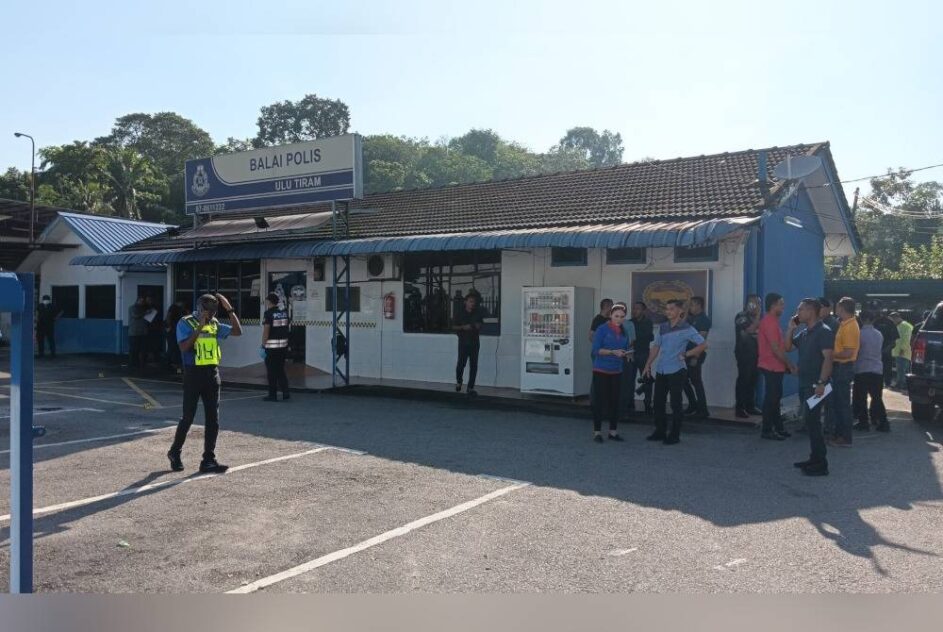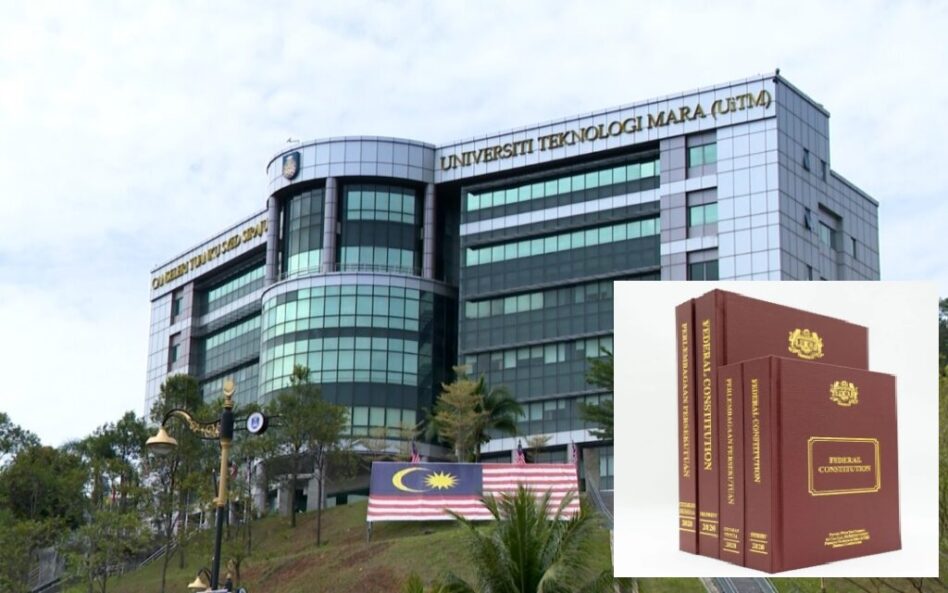2020 has by far been a mysterious year. Investors have witnessed how global stock markets – due to their forward-looking nature – scale record-breaking highs amid adversity of sorts in the realm of real economy.
A case in point is how Wall Street’s three main indexes closed at record highs on Thursday’s overnight trading as investors grew more optimistic about a coronavirus stimulus bill which will help the US stock market to look past signs of economic strain brought on by the COVID-19 pandemic.
Back home, the Malaysian Automotive Association (MAA) has posed a ‘positive shocker’ with revelation that vehicle sales in November rose 7.4% to 56,489 units from 52,584 in the same month a year ago (during pre-COVID-19 period).
Passenger vehicle sales accounted for 51,174 units or 90.6% of total sales during the month, while commercial vehicle sales stood at 5,315 units or 9.4%. On a month-on-month basis, however, the November vehicle sales figure was marginally lower by 0.3% compared with 56,670 units in October.
Cumulatively, total vehicle sales between the January-November period was still 17.24% lower at 454,708 units from 549,439 during the first 11 months of last year.
One can be pardoned to think that the sudden spike in car ownership is insanity considering that cars are big ticket items.
This is considering many Malaysians have in recent times been subject to salary cuts or worse, lost their source of income as their employers resorted to drastic measure of trimming their workforce or fold up their operations entirely.
But alas, the Government under the Penjana economic recovery plan has introduced sales tax exemption on passenger cars for the period between June 15 and Dec 31 to boost new car sales.
The incentive includes a 100% sales tax exemption for the purchase of locally-assembled cars (also referred to as completely knocked-down or CKD cars) and a 50% sales tax exemption for the purchase of imported cars (also referred to as completely built-up or CBU cars).
This explains the rush to purchase new cars, especially with current low interest rate environment further contributing to a hopefully, affordable hire purchase loan
Additionally, MAA also attributed the ‘buying craze’ to the launch of new models during the month.
Federation of Malaysian Consumers Associations (Fomca) CEO Datuk Paul Selvaraj opined that one should not deprive oneself of big-ticket items if one is prudent or one’s employer provides an allowance for their purchase.

“People who are gainfully employed with a company and have adequate job security will continue to purchase cars despite the economic downturn. Why not if it can boost our economy” Selvaraj told FocusM.
He pointed out that with all the added Government incentives, lower interest rates provided by banks and discounts by automobile companies, those who can afford should take the advantage to buy their desired vehicle.
“In the end, it all boils down to how you can manage your finances. If you have the means and your priorities are in order, go ahead and strengthen the economy,” added Selvaraj.
Moving forward, MAA expects the sales volume in December to be much higher than November, as the impetus from the sales tax exemption for passenger vehicles is expected to carry on. – Dec 18, 2020










